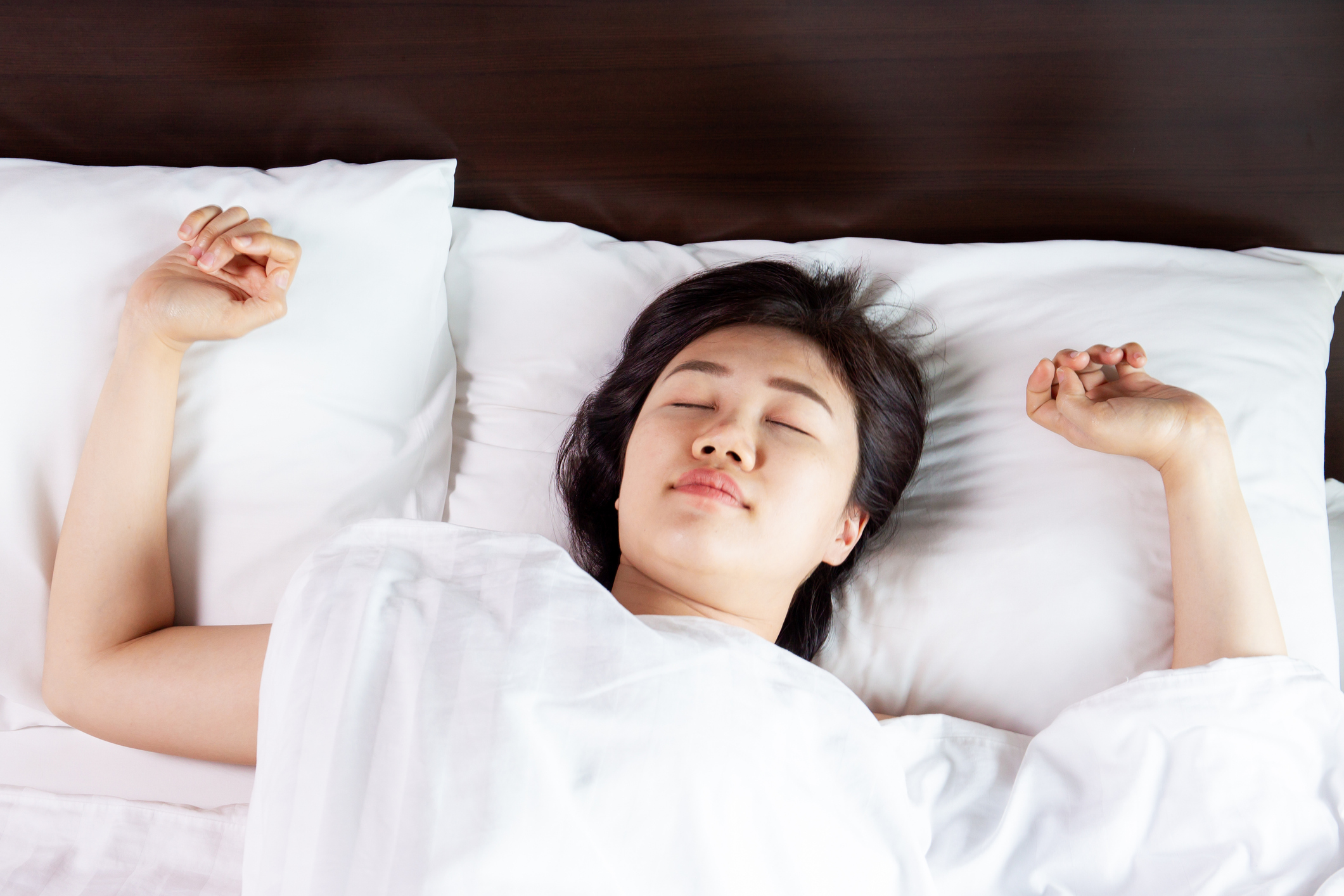Sleeping five hours can be as healthy as sleeping eight, according to sleep expert Merijn van de Laar: 'They have the same mortality rate.'

Dr. Merijn van de Laar, a sleep specialist in the Netherlands, said the idea that everyone should get eight hours of sleep a day is not universally supported by scientific evidence.
As he explained, this figure became popular during the Industrial Revolution, when social reformer Robert Owen proposed dividing the day into three equal blocks: eight hours for sleep, eight for work, and eight for leisure and rest.
In a conversation with El Confidencial, Van de Laar noted that the current situation is different: only between 10% and 25% of the population sleeps eight hours or more, with a general average of around seven hours.
For the expert, setting a rigid goal can lead to unnecessary frustration and anxiety.

He found that staying awake at night is common. Photo: iStock
The author of the book 'How to Sleep Like a Caveman' (2025) explained that his research led him to live with and observe communities such as the Hadza tribe in Tanzania, which maintain lifestyles similar to those of prehistory.
There he found that it is common to stay awake during the night—an average of two and a half hours —without this being perceived as a sleep problem.
Van de Laar emphasized that, unlike modern societies, where nighttime wakefulness is associated with restlessness or insomnia, these communities remain calm and continue their rest without emotional disturbances.
This reveals a profound cultural difference in the perception of sleep.
Factors that disrupt modern sleep The specialist warned in his interview with the media that artificial light, constant use of heating or air conditioning, and reduced physical activity directly influence the circadian rhythm.
In traditional societies, he explained, seasonal variations in sleep time can exceed one hour between winter and summer , while in industrialized countries the average change is only twelve minutes.
He also noted that diet and exercise play an important role. Some studies suggest that a protein-rich diet promotes rest, while consuming too much fat before bed can hinder digestion and cause discomfort.
Regarding exercise, Van de Laar explained that physical activity increases adenosine , a substance that promotes deep sleep and is especially beneficial for older adults.

He advised against relying exclusively on supplements like valerian, magnesium, or omega-3s. Photo: iStock.
Van de Laar emphasized that REM sleep is key to processing the day's emotional experiences. Its fragmentation, common in people with insomnia, can diminish emotional resilience.
On the other hand, deep sleep is essential for physical recovery, tissue repair, strengthening the immune system , and muscle growth.
The specialist warned that the use of medications such as benzodiazepines can negatively alter these sleep phases, reducing the quality of nighttime recovery.
He advised against relying exclusively on supplements such as valerian, magnesium, or omega-3, as their effectiveness has not been sufficiently demonstrated , and urged caution with commercial devices that measure sleep phases, due to their limited accuracy and the risk of generating unnecessary concern.
*This content was written with the assistance of artificial intelligence, based on publicly available information released to media outlets. It was also reviewed by a journalist and an editor.
More newseltiempo

%3Aformat(png)%3Aquality(99)%3Awatermark(f.elconfidencial.com%2Ffile%2Fa73%2Ff85%2Fd17%2Fa73f85d17f0b2300eddff0d114d4ab10.png%2C0%2C275%2C1)%2Ff.elconfidencial.com%2Foriginal%2Fc6d%2F206%2F332%2Fc6d20633214691452451b9fb96922254.png&w=1280&q=100)
%3Aformat(jpg)%3Aquality(99)%3Awatermark(f.elconfidencial.com%2Ffile%2Fa73%2Ff85%2Fd17%2Fa73f85d17f0b2300eddff0d114d4ab10.png%2C0%2C275%2C1)%2Ff.elconfidencial.com%2Foriginal%2F75c%2F445%2F527%2F75c4455277d633b579b3f225d4ee16c8.jpg&w=1280&q=100)
%3Aformat(jpg)%3Aquality(99)%3Awatermark(f.elconfidencial.com%2Ffile%2Fa73%2Ff85%2Fd17%2Fa73f85d17f0b2300eddff0d114d4ab10.png%2C0%2C275%2C1)%2Ff.elconfidencial.com%2Foriginal%2F4ee%2Fa33%2Fc16%2F4eea33c1643b5f52411e2f44c98d4e1b.jpg&w=1280&q=100)
%3Aformat(jpg)%3Aquality(99)%3Awatermark(f.elconfidencial.com%2Ffile%2Fa73%2Ff85%2Fd17%2Fa73f85d17f0b2300eddff0d114d4ab10.png%2C0%2C275%2C1)%2Ff.elconfidencial.com%2Foriginal%2Fc91%2F9f3%2Fd37%2Fc919f3d37b877300fa47dc40bf027eda.jpg&w=1280&q=100)
